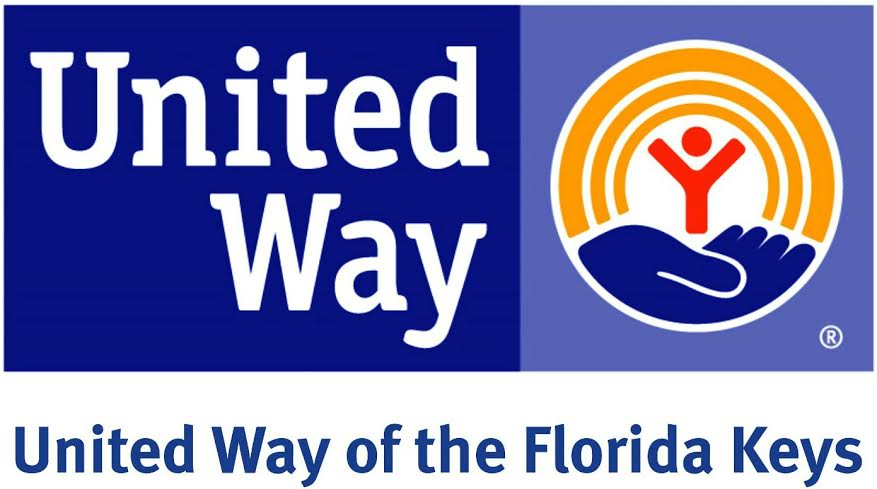United Way of the Florida Keys takes the broadest possible view of diversity, going beyond visible differences to affirm the value of all individuals in our community. In the current climate, it’s as critical all us to have a better understanding of Black history—how far we’ve come and what hurdles remain. A few common questions about Black History Month are discussed below. Feel free to use these in engaging with your communities, or reach out to us to discuss further!
Black History Month started in 1926. Is it still relevant to have a month-long celebration?
Absolutely! History is made every year, and happening all around us. Less than a decade ago, our country elected our first Black president. Continued conversation about new achievements, challenges, and victories are always relevant!
Why are “firsts” important to note? What barrier breakers have you witnessed in your lifetime?
Take a look at the timeline below. Black History is American History, and the significance of many of the "firsts" highlighted through the lens of Black History are important to note for all of us in a diverse society. Even in our own lives, we often note many of our personal firsts. Thinking about events that we ourselves have seen help to make them both personal and relevant. Reviewing the timeline, which happened in your lifetime that stand out as specific moments you can recall where you were when they happened?
How does understanding the past help us deal with the present?
Why is it important to study history, particularly painful history? Does understanding what previous generations went through help us see their perspectives today? Can similarities be drawn between civil rights activism during the era of Rosa Parks and Dr. Martin Luther King, Jr. and the goals of today’s Black Lives Matter activists? Thinking about answers to each of these questions help us understand both how far we've come, and how far we still have to go in many ways. Thinking about both victories and stumbles in the past can also help us map a path forward and avoid repeating mistakes in the future!



